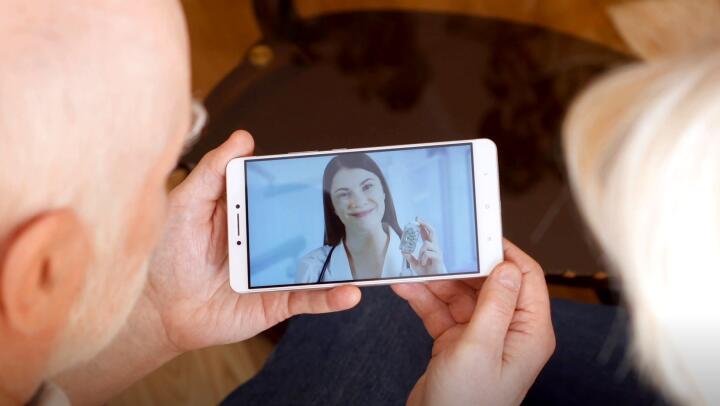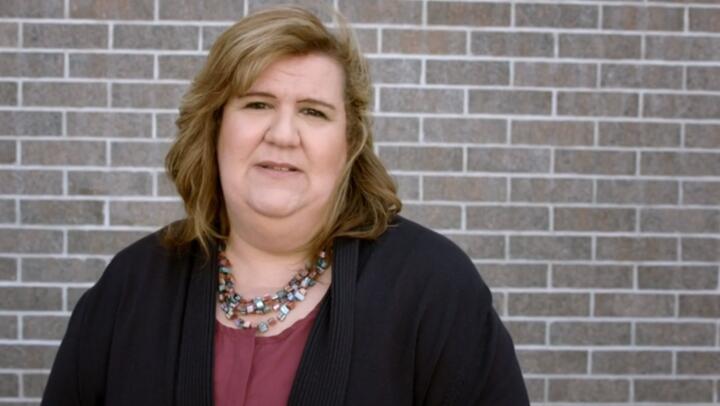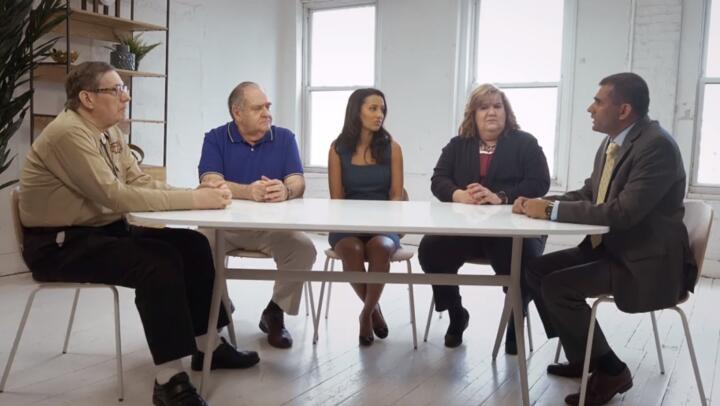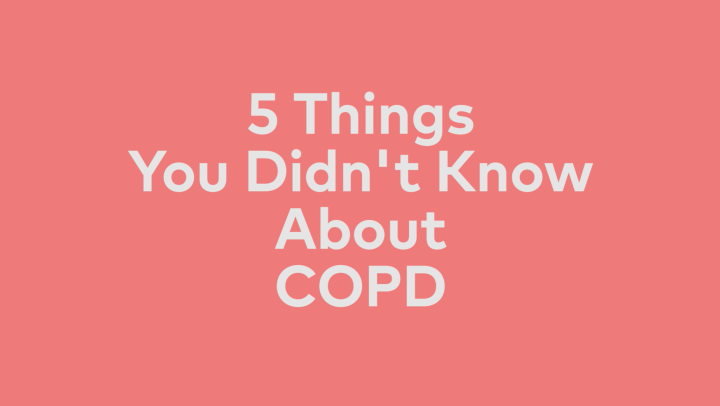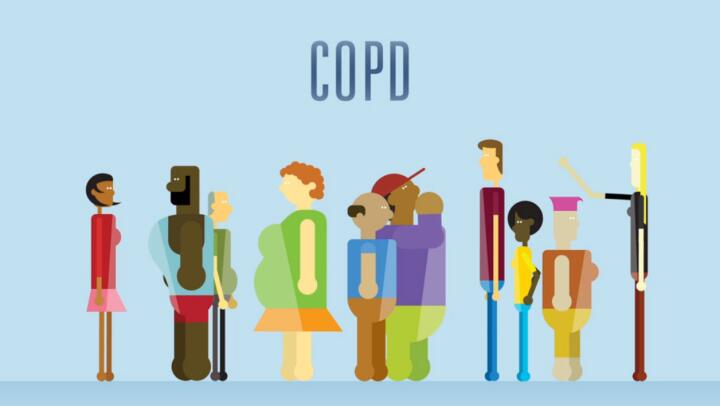
COPD is a permanent condition that can get worse over time. This makes it crucial to follow a careful management plan. One of the most important elements in creating and carrying out that plan is having good communication with your doctor.
With your doctor's help, you can take steps to keep up your health. The right diet, exercise, lifestyle and treatment will help you live a healthy, active and enjoyable life.
Here are the most important points to talk about with your doctor.
Your Symptoms
How severe your symptoms are will affect what type treatment you need. Symptoms can range from a chronic cough and wheezing to leg swelling or trouble talking. Be sure to describe your symptoms in detail. For instance, your doctor needs to know how often you cough, how long you’ve had the cough, and how much mucus it produces.
This is the time to have an in-depth discussion with your doctor about how severe your COPD is. Ask questions, but also give your doctor as much information as possible about your condition and how it’s affecting your everday life. Doing so can help the doctor craft the right COPD management plan for you.
Treatment Options
Doctors treat COPD through a combination of medications, lifestyle changes, and other therapies. The goal is to slow the progress of the disease, relieve your symptoms, and prevent any complications. Your doctor will explain what you need to do to get a handle on COPD. This is a good time to talk about the care steps you'll need to take. Do not hesitate to ask questions if there’s something you don’t understand.
1. Lifestyle Changes
Positive lifestyle changes can play a role in swinging your health back in the right direction. For example:
Quit smoking. Most of the time, smoking is the habit that led to COPD in the first place. Quitting smoking can prevent further damage to your lungs.
Exercise. Exercise is important to improve lung capacity. However, your doctor may want to monitor you during exercise as part of a treatment program known as pulmonary rehabilitation (see below).
Eat nutritious food. A healthy, balanced diet can help you breathe better. It may also help if you need to lose weight. Weight loss can further improve your breathing. Ask your doctors for ideas. Also ask if you should work with a nutritionist.
Practice good hygiene. The chance of getting a lung infection goes up when you have COPD. This makes it all the more important to practice good hygiene like hand washing, avoiding crowds, and getting a flu shot each year. Ask your doctor if there's anything else you should or should not do.
2. Medications
Drugs can play a role in opening up your airways so you can breathe better. Talk to your doctor about these options:
Bronchodilator. This is an inhaler that helps relax the muscles around your airways. You might need a long-acting bronchodilator to take each day, a short-acting bronchodilator to help with symptoms, or both.
Stronger inhaler. This is an inhaler that includes both a bronchodilator and inhaled steroids. You might need this if you have more severe COPD. These are often prescribed only for a short time period. That's because steroids tend to have more side effects with extended use.
Vaccinations. These shots can help prevent complications when you have COPD. Getting your annual flu vaccine and a pneumonia vaccine are essential steps for respiratory health.
3. Therapy
Certain therapies can be very helpful in treating COPD. Talk to your doctor about these options:
Pulmonary rehabilitation. This program can help anyone with COPD. It includes exercises as well as education, counseling, and nutritional information.
Oxygen therapy. You’ll need supplemental oxygen if you have severe COPD. You might only need oxygen at certain times or you might need it all of the time, depending on how severe your COPD is.
4. Surgery
For severe forms of COPD, your doctor might suggest surgery. Ask about the pros and cons of the different options. They include:
Bullectomy. Large air pockets in your lungs can interfere with your breathing. This operation removes the air pockets.
Lung volume reduction surgery. This procedure removes damaged lung tissue. This may help you breathe better.
- Lung transplant. This is usually used only for very severe cases when nothing else is helping you breathe. A healthy lung from a donor would replace your diseased lung.




